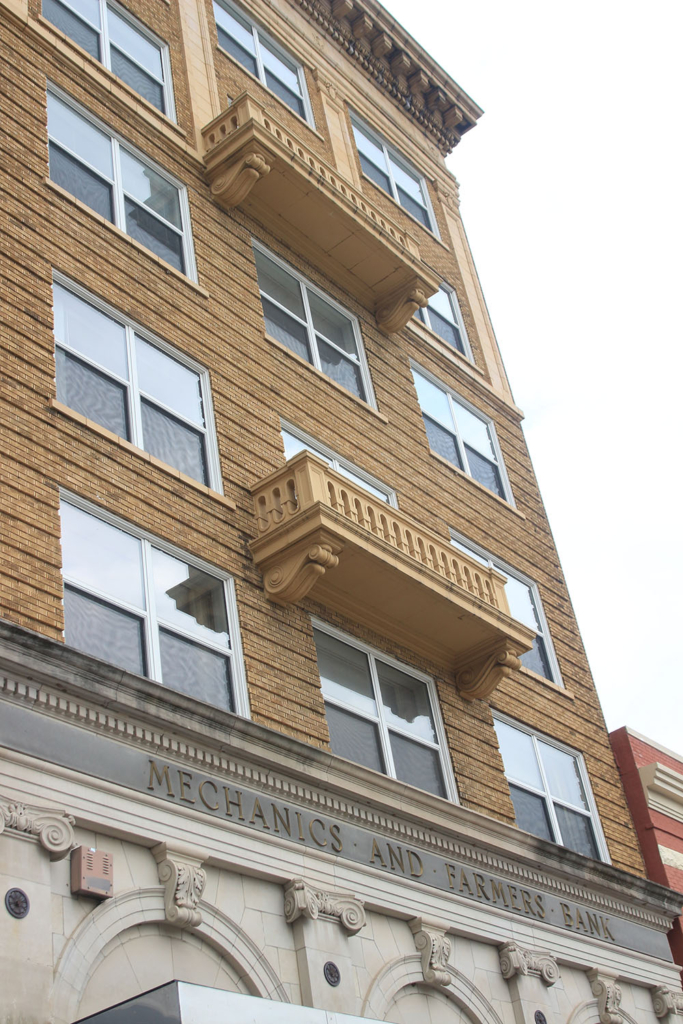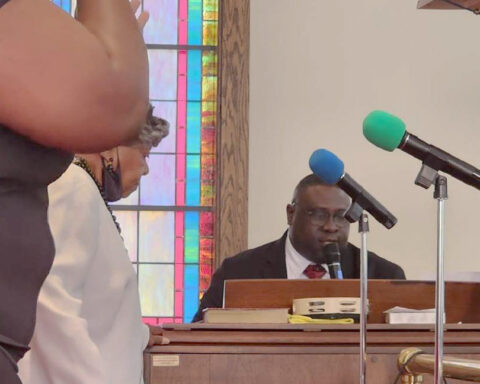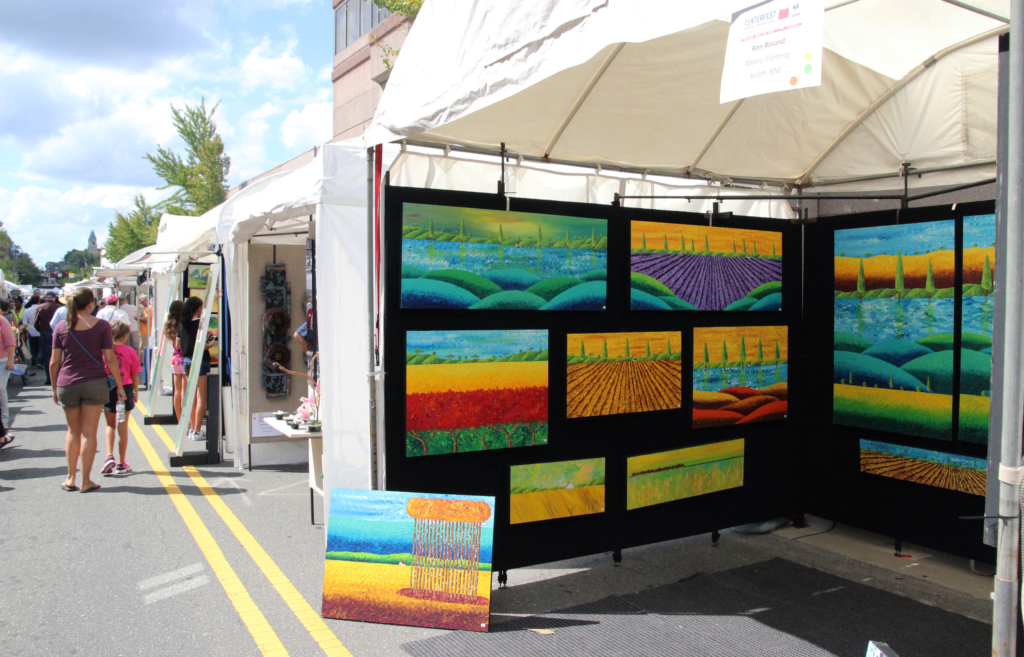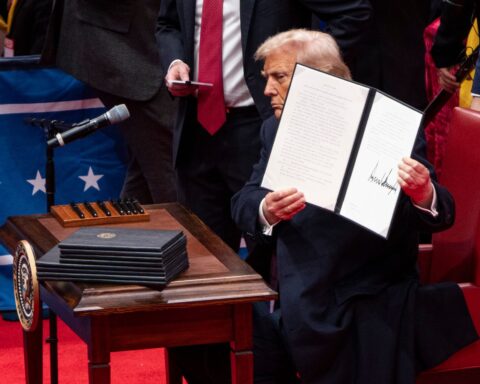For 109 years, the Mechanics & Farmers Bank has been a staple in the Durham community.
Founder of N.C. Central University, James E. Shepard, had a hand in developing the bank into what it is today. Originally located on Durham’s Parrish Street, the Mechanics & Farmers Bank was an intricate part of Black Wall Street. Mechanics & Farmers Bank provided African Americans opportunities in Durham that weren’t available during the Great Depression.
On their online minority banking timeline, Partnership for Progress wrote that “it provided a secure place for depositors to accumulate wealth, a place sensitive to the needs of the community, and a place committed to helping the community become self-supporting.”
The bank has changed its leadership several times over its lifespan. Kim Saunders, an NCCU alumna, served as CEO for seven years before James H. Sills III was handed the reigns.
Sills is in his second year as CEO and President of Mechanics & Farmers Bank. He also has over 30 years of minority banking under his belt. An alumnus of Morehouse College, Sills served as Secretary of the Department of Technology and Chief Information Officer for the State of Delaware before transitioning to Mechanics & Farmers Bank.
Sills estimated that 70 percent of his bank’s assets are from minorities, which he said could “definitely improve.” He is looking to expand the diversity of his clientele.
“Minority banks recycle 80 percent of its deposits into the community it serves. We’re aiming for economic viability across Durham and our other locations,” said Sills.
Most of North Carolina’s wealth at the turn of the 20th century was based on the ownership of real property and farmland. Now with that style of living behind us, how does the community build back up that wealth?
“60 percent of our customers are 60 years old and above. … The future for us is the consumer that is 35 to 55.” Sills told the News & Observer in 2015.
NCCU alumnus Charles Hunt H Jr., 26, said it’s important to support black-owned businesses and make smart decisions in finance.
“I hope to take my own advice, and set up a business account with Mechanics & Farmers because they need more community support,” he said.
“With me owning a business now, I feel like funneling that money back into my hometown and through a black bank is a winning situation for everyone.”
With 7 locations in North Carolina and over $300 million in total assets as of 2015, Mechanics & Farmers Bank is the 8th largest financial institution in the United States.
To keep up with the bigger banks, Mechanics & Farmers now features online accounts, mobile banking, and check scanning through smart phones.
“We’re making a big push for minority deposit accounts across the state,” Sills said. “If we don’t who will?”
Sills said there has been a “promising surge” of new account activity in the past eight weeks.
“I’m with State Employees Credit Union myself, but I’ve opened up an account for my great granddaughter with Mechanics & Farmer,” Durham resident Hazel Parker said. “I had an account years ago and just loved everything about it.”
Having lived in Durham for more than 60 years, Parker has seen Mechanics & Farmers Bank withstand the test of time.
Mechanics & Farmers Bank is the only bank that received a Community Development Financial Institution designation (CDFI), according to its website.
The CDFI is funded by the U.S. Treasury Department and aims to aid communities in low income, low wealth, and other disadvantaged situations. The program finances small community businesses, nonprofit organizations, affordable housing, and job growth.
Mechanics & Farmers Bank offers several community outreach programs. Programs such as the Financial Literacy Initiative, the Money Smart program, and the Teach Children to Save program have been fundamental in the bank’s outreach to the community.
“We hope that we are making all the right decisions to be around for the next 100 years,” Sills said.
According to the bank’s website, “Mechanics” derived from the legal term, “mechanics lien,” which grouped the occupations and the trades the founders and customers represented. “Farmers” derived from owning farmland since in the 20th century that equated to wealth.
“The greatest value the past has to offer is not just a historical record, it is how history lights the way for the future,” Sills said.


















